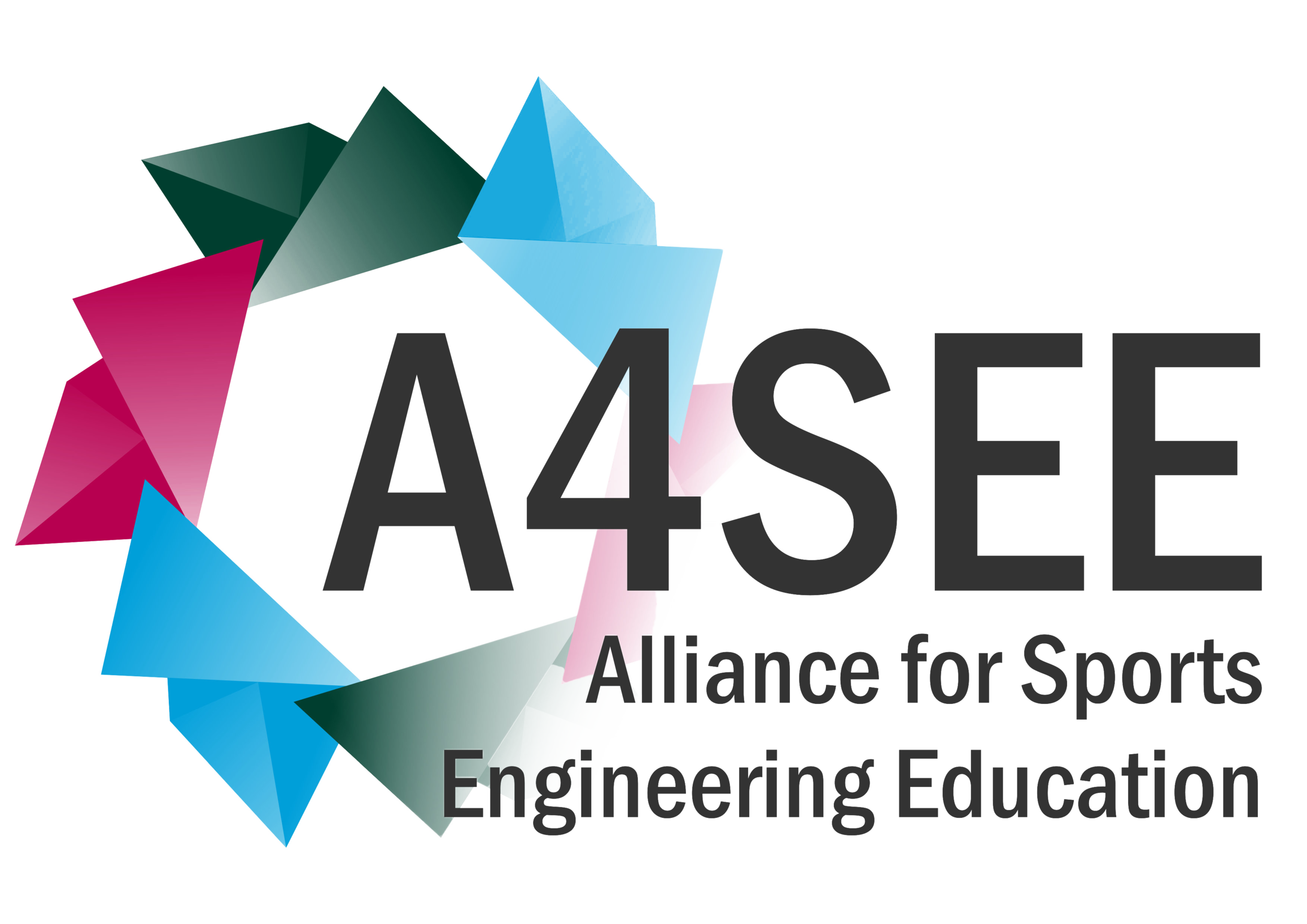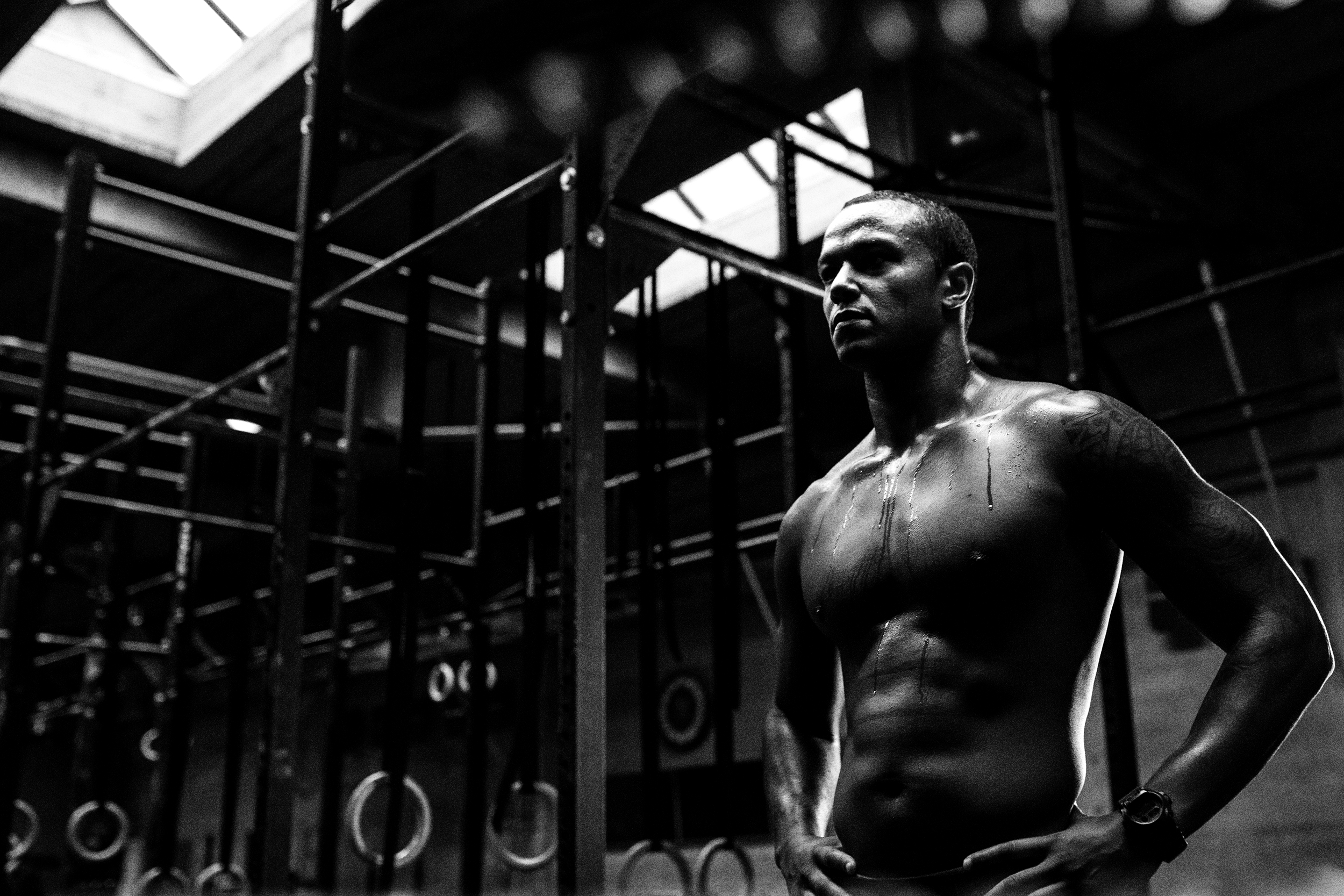TU Chemnitz
KNOWLEDGE CREATES THE FUTURE
The Chemnitz University of Technology is engaged in multidisciplinary dialogue within the university and beyond and is also your point of contact regarding the important questions of tomorrow – whether in teaching and learning, in research, in the training and development of the next generation of scientists or the transfer of knowledge and technological know-how in society or in the economy. Within the core competencies “Materials and Smart Systems”, “Resource-efficient Production and Lightweight Structures” and “Humans and Technology”, solutions for the challenges of tomorrow are developed.
Transdisciplinary cooperation is an intrinsic feature of the “Humans and Technology” profile and related projects including the "Virtual Humans" Competence Center and the DFG Research Training Group “Connecting virtual and real social worlds” and the postgraduate school “Human Factors – Information, Assistance and Automation”.
Department of Sports Equipment and Technology
The department of Sports Equipment & Technology bridges engineering and human sciences to create solutions for technologies and technical structures interacting with the moving human. An interdisciplinary team of mechanical engineers, computer scientist, electronic experts develops innovative solutions for complex challenges in design, development, manufacturing and testing of optimised equipment for sports and medical purposes.
Belonging to the Institute of Lightweight Design researchers and students have every major manufacturing technology for fibre reinforced plastic materials available. Testing Labs and workshops give great opportunities to pursue a wide variety of research questions. In addition, the Department currently has three biomechanical labs available, two of them equipped with camera based motion analysis systems. The labs are located on campus and in the municipal hospital, enabling research and education in both fields, sports and medical.
Study programs Bachelor and Master Sports Engineering
In 1997 The faculties of Mechanical Engineering and Human Sciences agreed on staring a combined Sports-Science-Mechanical-Engineering course. After several (r)evolutionary iterations currently a 3-years BSc program (180 ECTS, German language only) and a 2-years Master program (120 ECTS, English and German taught) are offered.
Objective
As part of the research orientated Master’s degree programme yet acquired scientific concepts and methods of the Bachelor’s programme Sports Engineering will be deepened. Besides the expansion of scientific work methods, knowledge about the scientific interface sports equipment technology and human locomotion is taught. The graduate will be qualified to work on research or development tasks autonomously and creatively. Furthermore the students are enabled to utilise their wide knowledge target-oriented and simultaneously acquire the flexibility which is explicitly demanded in the branch.
Contents
The individual modules involve mostly research based contents, whereby the involvement of students in current research works is intended. Within the basic modules knowledge of human locomotion research methods are deepened and applied practically in workshops. Exemplary theoretical knowledge about sports equipment and materials is fortified with practical experiences in the practical module. By choosing an in-depth module the student can either focus either on modelling or design of sports technologies. Furthermore the expansion of individual engineering skills takes place in the engineering focal points.
Admission and Enrolment
Admission is granted to most Students holding a BSc degree in Engineering disciplines. If Students gained knowledge in Human Sciences during their BSc they are directly admitted to the Master’s programme, otherwise they will be required to take additional courses after and individual consultation.
The enrolment for the consecutive Master’s degree programme Sports Engineering is possible for the winter term, starting in early October. Detailed information about Enrolment can be found here: https://www.tu-chemnitz.de/studentenservice/stusek/bewerbung/index.php.en
Programme
Semester 1 (October to Mid-February): The first semester contains courses in research methods, a range of engineering topics and supplementary Human science courses for engineers
- Research methods: …
- Human Science module gives the student …
- Mechanical Engineering Topics deals with ...
- Electronical Engineering Topics …
Semester 2 (February to July): In the second semester, obligatory courses in Data Analysis and Sports Equipment manufacturing take place. Additionally, the student is offered to choose a specialization from three major fields in Sports Engineering. Additionally, there are
- Testing: …
- Development: …
- Sports Electronics: …
Semester 3 (October to Mid-February): During the third semester, the students has further options to prepare for his future career:
- Industrial internship: …
- Start-up experience: …
- Science oriented modules: …
Semester 4 (February to July): The forth semester is reserved for the preparation of the final Master Thesis. According to the choice in the previous semester, the thesis can
- be related to problems formulated by companies or associations;
- be built on the concepts developed during the start-up experience module;
- follow a basic scientific research question in the field of human-technology interaction in the sports or medical environment.


